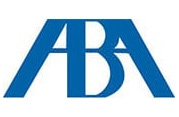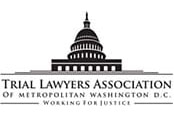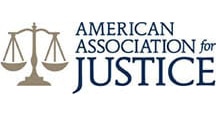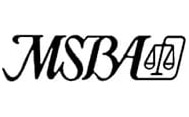What Conditions Generally Cause A Slip And Fall To Occur?
In order to successfully prosecute a personal injury claim in a slip and fall situation or a trip and fall situation, one has to be able to prove certain factors. First, that the owner or manager of the premises was either aware or should reasonably have been aware of a dangerous condition. This is referred to as actual or constructive notice of the danger. Secondly, the owner or manager of the premises has to owe a duty to the plaintiff. Whether a duty is owed is often going to depend upon the legal status of the injured person. Was he invited onto the property? Did he have lawful authority to be there? Was he a trespasser? Thirdly, the owner or manager must have breached the duty to the injured person by either failing to remedy the condition or to at least warn of the dangerous condition.
Some of the kinds of cases that we see include a shopper who is injured in a slip and fall or trip and fall in a store. These cases can be pursued when there is evidence that a store employee was aware of the dangerous condition or should have been aware of the danger, and failed to remedy or warn of the condition. Another example would be a tenant in an apartment complex who slips and falls, for example, on ice that the landlord has failed to treat or clear, after he has had the opportunity to do so. We often investigate cases to determine whether there were any witnesses who can establish that the dangerous condition existed for some time and that the property owner was on notice of the problem, or should have been on notice of the problem, and failed to do anything to correct it.
When Should Someone Seek The Services Of An Attorney After They Have Been Injured In A Slip & Fall Or Trip & Fall Accident
It is best to seek out the services of an experienced personal injury attorney as soon as possible, particularly on premises cases. He or she can take steps aimed at preserving evidence, investigate the case, and analyze whether you have a case that has a good chance of success. Photographs of the accident scene need to be taken promptly and witnesses interviewed while events are still remembered. More often than not these types of cases, are vigorously defended by property owners and their insurance companies. Prompt investigation and analysis by experienced counsel may be the difference between success and failure in cases of this kind.
What Are Some Examples Where A Property Owner Would Not Be Held Liable for A Slip & Fall Or Trip & Fall Incident On Their Premises?
If the dangerous condition was clearly visible and likely would have been observed by anyone exercising reasonable care, the property owner may have a valid defense against liability. This is commonly known as an “open and obvious” danger. This defense is recognized in contributory negligence jurisdictions such as Maryland, Virginia and the District of Columbia. Whether the danger was actually open and obvious depends on the facts of each case. What were the lighting conditions at the time of the accident? What may be visible in daylight may not be visible in the evening or under adverse weather conditions. What was the angle of view of the injured party? Were there any shadows that may have impaired a view of the dangerous condition? Were there any conditions that may have reasonably distracted the injured person? For example, persons in retail stores may reasonably be distracted because of store displays and merchandising designed to capture a patron’s attention. Were there any prior injuries to other persons? How many other persons traversed the same area without incident? The bottom line is that the facts of each case must be carefully examined.
How Does Comparative Or Contributory Negligence Impact A Slip & Fall OR Trip & Fall Case?
Contributory negligence has a tremendous impact upon a case. Under contributory negligence, if an injured person has in any way contributed to the accident that caused the injury, recovery may be barred as a matter of law. With certain exceptions, the principle of contributory negligence is accepted law in Maryland, Virginia and the District of Columbia. That is in contrast to the majority of other states that have adopted a comparative negligence law — in which there may still be some recovery by the injured party notwithstanding some contributory negligence.
For more information on Conditions That Cause A Slip & Fall Accident, a free initial consultation is your next best step. Get the information and legal answers you are seeking by calling (301) 251-0030 today.















